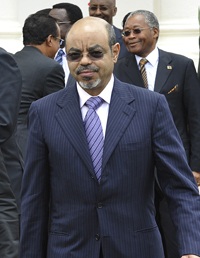
Where is Meles Zenawi? Ethiopians don’t know.
If you search for the name of Ethiopia’s prime minister, Meles Zenawi, on Twitter these days, you’ll see a flurry of incongruent postings: Meles is hospitalized in critical condition; he’s fine and returning to work; he died two weeks ago; he’s on holiday. Journalists for international news outlets have tried to sort out fact from…
High-tech censorship on the rise in East Africa
Ethiopia has always been a country at the cutting edge of Internet censorship in Africa. In the wake of violence after the 2005 elections, when other states were only beginning to recognize the potential for online reporters to bypass traditional pressures, Meles Zenawi’s regime was already blocking major news sites and blog hosts such as…
Video: Journalists in exile
Four East African journalists who were forced to flee their countries tell about their experiences, difficulties, and hopes for the future. (3:43)Read CPJ’s report, “Journalists in exile: Crisis in East Africa,” for more information about journalists forced to go into exile.
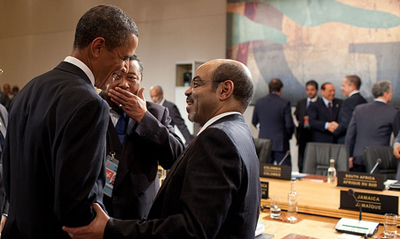
US senator condemns Ethiopia’s persecution of the press
On Wednesday, the same day the White House announced a strategic plan committing the United States to elevating its efforts in “challenging leaders whose actions threaten the credibility of democratic processes” in sub-Saharan Africa, a senior member of the U.S. Congress challenged the erosion of press freedom in a key U.S. strategic partner in the…
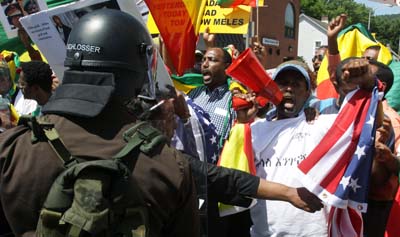
Members of Congress urge Meles to end repression
Two members of the U.S. Congress, a Republican and a Democrat, have publicly voiced indignation at Ethiopia’s persecution of journalists under the leadership of Prime Minister Meles Zenawi, with both declaring that stability and security are enhanced by press freedom.
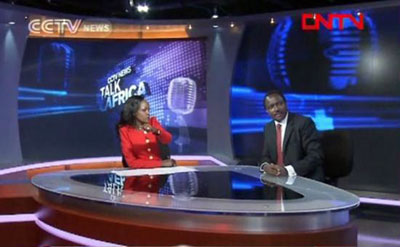
China’s media footprint in Kenya
Will China’s quickly expanding media presence in Africa result in a fresh, alternative, and balanced perspective on the continent–much as Al-Jazeera altered the broadcast landscape with the launch of its English service in 2006–or will it be essentially an exercise in propaganda?
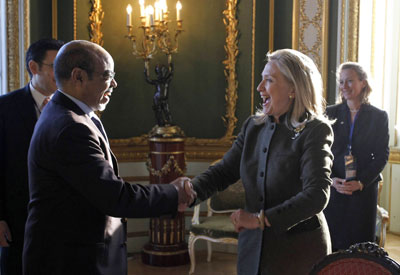
Blogger fights terror charges as Ethiopian leader praised
Last week in the Ethiopian capital, Addis Ababa, while Prime Minister Meles Zenawi was making a speech about Africa’s growth potential at an African Union forum, a journalist who his administration has locked away since September on bogus terrorism charges was presenting his defense before a judge. Eskinder Nega has been one of the most…
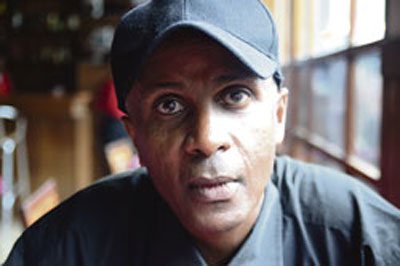
Standing with Ethiopia’s tenacious blogger, Eskinder Nega
It would be hard to find a better symbol of media repression in Africa than Eskinder Nega. The veteran Ethiopian journalist and dissident blogger has been detained at least seven times by Prime Minister Meles Zenawi’s government over the past two decades, and was put back in jail on September 14, 2011, after he published…
In Nairobi, plans to improve aid to exiled journalists
Kassahun Yilma left Ethiopia quickly in December 2009. He didn’t have time to save money for the journey, choose a place to go, arrange housing or a job. He left his wife, his mother, his house and all his friends behind. Yilma didn’t know what lay ahead. He only knew that if he stayed, he…

Awramba Times is latest Ethiopian paper to vanish
A couple of weeks ago, newspaper editor Dawit Kebede, an International Press Freedom award winner, fled Ethiopia. Sadly, Dawit’s Awramba Times is the latest in a long list of Amharic-language private publications to vanish from the market following the incarceration or flight into exile of their editors.